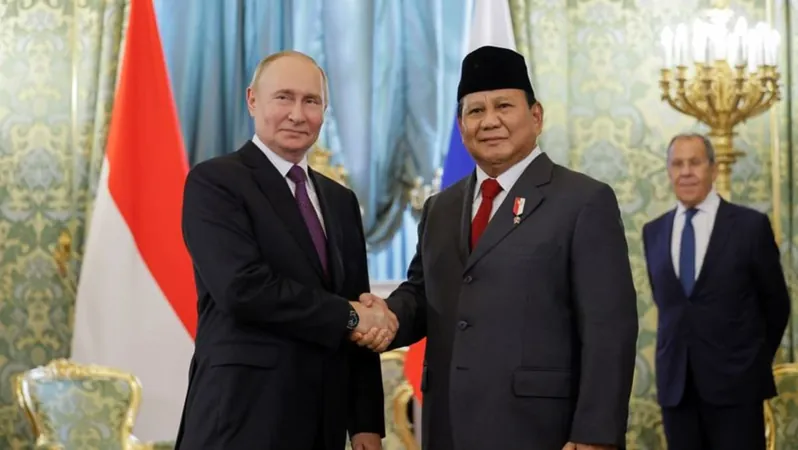
Prabowo Subianto's Global Footprint: A Clear Message on His Foreign Policy Ambitions as Incoming President
2024-09-25
Author: Arjun
JAKARTA:
As Indonesia prepares for the crucial United Nations General Assembly (UNGA) in New York this week, anticipation grows regarding the leadership of its delegation, which is expected to be under President-elect Prabowo Subianto. Since he won the presidential election in February, the current Minister of Defense has been remarkably active on the international stage, visiting 20 countries and engaging with a variety of world leaders.
Despite the hype, it was confirmed this week that Prabowo will not attend the UNGA, delegating this responsibility instead to Foreign Minister Retno Marsudi, who will represent Indonesia during the assembly’s key debates from September 24 to September 30. This decision aligns with the incumbent President Joko Widodo's pattern of prioritizing domestic affairs over robust participation in international diplomacy.
Analysts are interpreting Prabowo's extensive travels as a strategic move to assert his leadership and vision for Indonesia's role in global affairs as he prepares to take office on October 20. Associate Professor Dinna Prapto Raharja from Synergy Policies, a political think tank, emphasizes that Prabowo aims for Indonesia to command greater respect globally and foster a sense of independence from foreign influences.
Prabowo's approach marks a divergence from President Widodo's style, who was often seen as more focused on local concerns, delegating international engagements primarily to his foreign minister. Notably, Jokowi's absence at the yearly UNGA has raised questions about his commitment to foreign policy, which has traditionally been entrusted to others in his administration.
The contrast between the two leaders becomes even more apparent through their respective backgrounds. While Jokowi, a businessman with a focus on grassroots issues, found more merit in domestic travel to manage Indonesia's extensive archipelago, Prabowo's military background and international education allow him a more worldly perspective. He is well-versed in multiple languages, including English, German, Dutch, and French. His international experience enhances his capability to navigate complex diplomatic landscapes.
The scope of Prabowo's visits has primarily revolved around defense and economic partnerships, illustrating his determination to bolster Indonesia's strategic alliances. Most notably, he met with Russian President Vladimir Putin, affirming Indonesia's intention to strengthen cooperation in defense and energy. Moreover, his engagements with leaders in ASEAN member states, such as Malaysia and Laos, signify his commitment to fostering regional unity.
Interestingly, Prabowo has yet to make a trip to the United States, which experts suggest could be due to the political climate ahead of the U.S. presidential elections in November. Nonetheless, his visits to Japan and China underscore a desire to position Indonesia favorably amid rising tensions between superpowers, particularly with regard to the ongoing U.S.-China rivalry.
Looking ahead, Prabowo’s international strategy appears to be a calculated endeavor aimed at reinforcing Indonesia’s presence on the world stage. While some speculate that he may wait until after the U.S. elections to engage formally with American leadership, his actions thus far reflect a readiness to tackle global challenges.
As Indonesia stands on the brink of a new leadership era, Prabowo’s international interactions suggest he envisions a more assertive role for Indonesia in the global arena—one that promises to reshape the country's foreign policy in the years to come. This shift has analysts and citizens alike watching closely, eager to see how his administration will influence both regional stability and global governance.

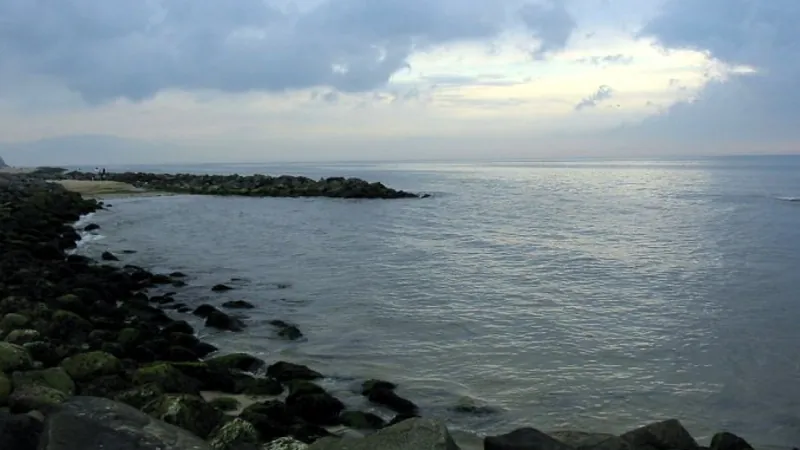
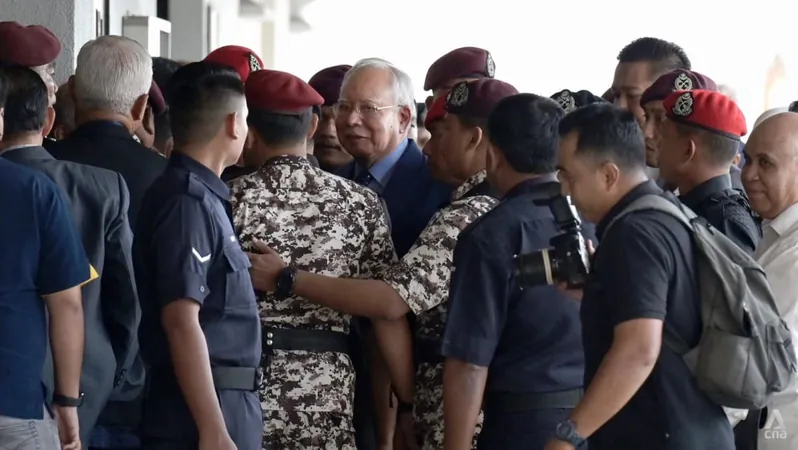

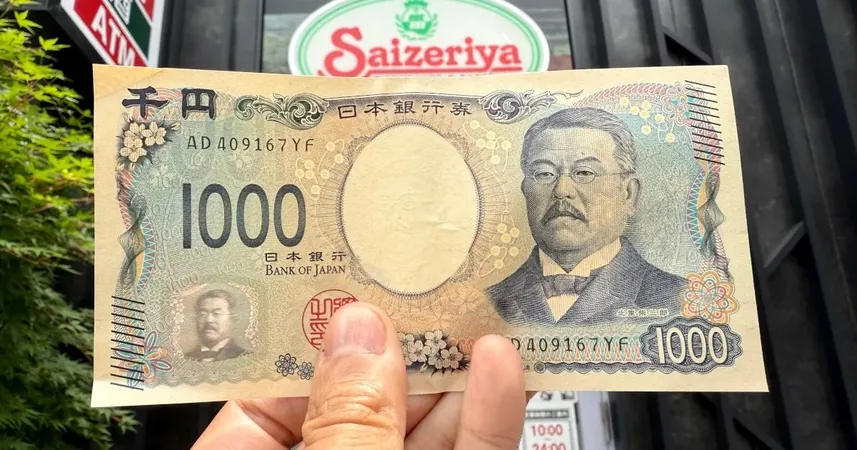
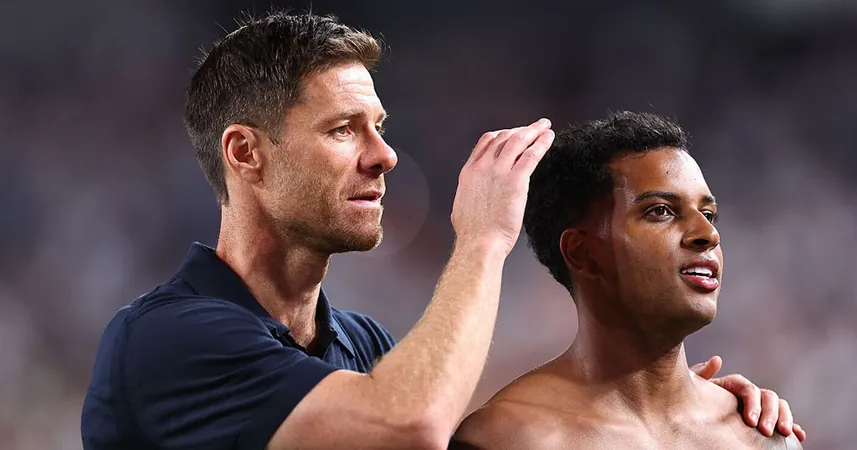
 Brasil (PT)
Brasil (PT)
 Canada (EN)
Canada (EN)
 Chile (ES)
Chile (ES)
 Česko (CS)
Česko (CS)
 대한민국 (KO)
대한민국 (KO)
 España (ES)
España (ES)
 France (FR)
France (FR)
 Hong Kong (EN)
Hong Kong (EN)
 Italia (IT)
Italia (IT)
 日本 (JA)
日本 (JA)
 Magyarország (HU)
Magyarország (HU)
 Norge (NO)
Norge (NO)
 Polska (PL)
Polska (PL)
 Schweiz (DE)
Schweiz (DE)
 Singapore (EN)
Singapore (EN)
 Sverige (SV)
Sverige (SV)
 Suomi (FI)
Suomi (FI)
 Türkiye (TR)
Türkiye (TR)
 الإمارات العربية المتحدة (AR)
الإمارات العربية المتحدة (AR)